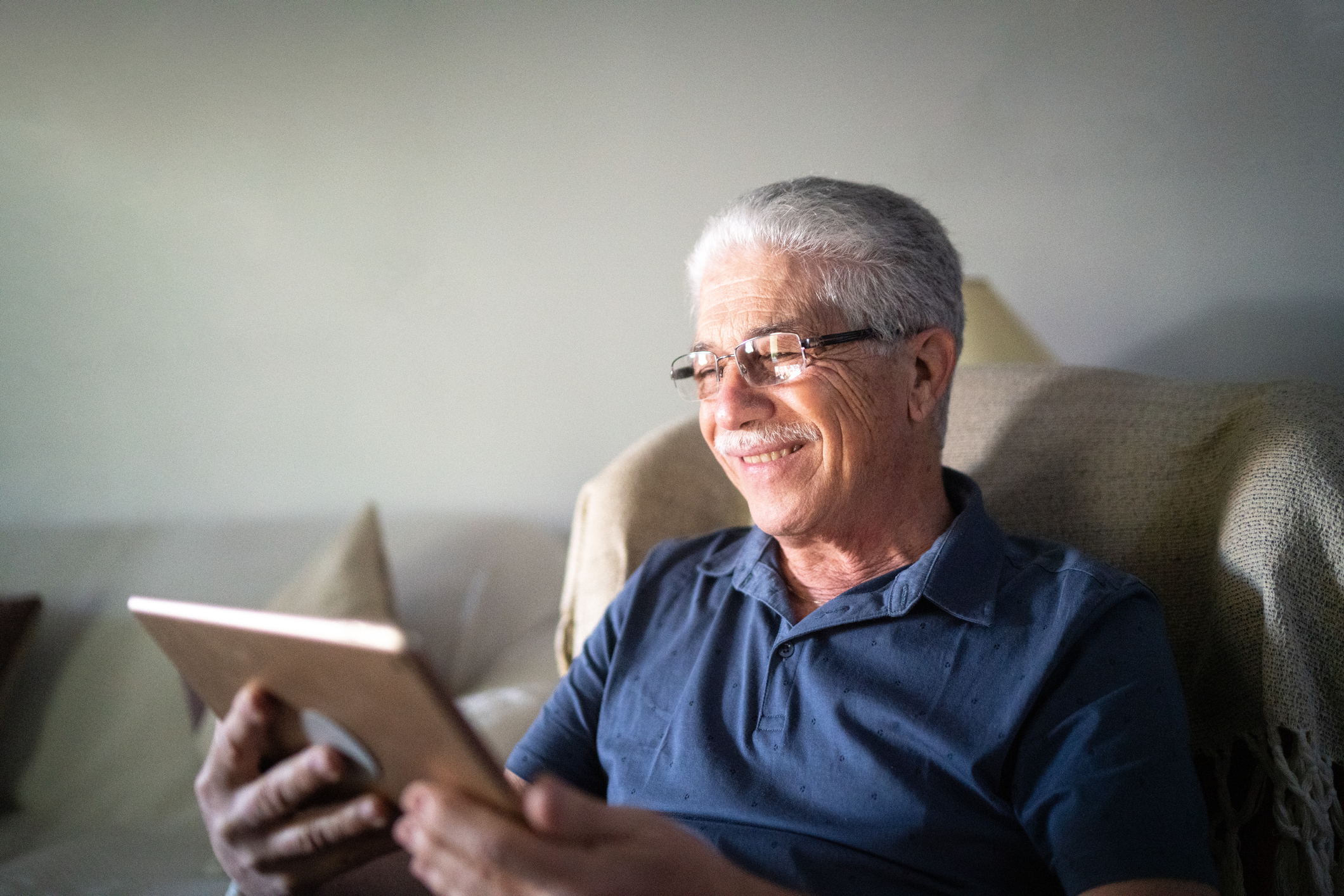Dr. Mark Lampert — deputy head of the cardiology division at NorthShore University HealthSystem — is well aware that hospitals are under pressure to discharge patients as soon as they no longer need hospital-level care. Doing so can reduce costs, decrease the likelihood of hospital-acquired infections and free up beds for other patients. However, the quick discharge process usually also means that patients don’t receive all the support they need to smoothly transition into managing their health at home, he pointed out in a recent interview.
That’s why his health system, which is based in the Chicago suburbs, teamed up with startup Laguna Health to study whether greater post-acute care support can improve patient recovery and reduce readmissions. The research partners recently published results of the study, which was conducted from February 2021 to February 2022, in The Journal of Healthcare Management. They found that giving patients emotional and psychological support after their discharge hastens recovery, decreases costs and alleviates physician burnout.

With the Rise of AI, What IP Disputes in Healthcare Are Likely to Emerge?
Munck Wilson Mandala Partner Greg Howison shared his perspective on some of the legal ramifications around AI, IP, connected devices and the data they generate, in response to emailed questions.
Laguna, founded in 2020, offers an AI platform to aid contextual care management, starting with transitions from the hospital to home. This is an important area to focus on because hospitals often overlook the underlying behavioral and psychosocial factors that can negatively impact patients after being discharged from the hospital, Dr. Lampert pointed out.
Patients undergoing care transitions commonly encounter various emotional and psychological difficulties. Dealing with pain, physical limitations, lifestyle changes and uncertainties about their condition can result in feelings of anxiety, depression, frustration and isolation. These factors — along with patients’ social and economic circumstances — can have a significant impact on people’s recovery and likelihood of readmission. However, hospitals tend to focus mainly on medical barriers rather than these emotional and social ones, Dr. Lampert said.
“Most medical doctors just don’t even think about that— they think about all the medical stuff. They give [patients] a very transactional type of a document when they leave the hospital. It’s usually nine or 10 pages long, telling them to do X, Y and Z, but they just don’t really know about handling the emotional side of things,” he explained.
For its study with Laguna, NorthShore enrolled 408 patients who were admitted to its hospital in Evanston, Illinois with a cardiovascular diagnosis and later discharged home. They were split up into two groups: the control group, in which patients were discharged normally, and the intervention group, in which they received personalized behavioral and emotional support delivered via Laguna’s app.
The app gives patients virtual access to health coaches. These coaches can be provided by the patient’s hospital or by Laguna. In the case of this study, the health coaches were NorthShore staff, including nurses, psychologists and clinical social workers. Patients met with their health coach once a week for four weeks and were able to message their coach whenever they wanted.
The study results showed that total readmission costs were significantly lower among the intervention group than they were for the control group — the costs were $1.1 million for the intervention group and $2 million for the control group. The mean cost per readmitted patient was also exceptionally lower — $44,052 for the intervention group versus $91,278 for the control group.
Dr. Lampert pointed out that these cost savings weren’t necessarily a result of drastically reduced readmissions among the intervention group. Instead, the hospital saved money because the patients who were readmitted in the intervention group required care that was less acute.
He gave an example of a patient who experiences shortness of breath after being discharged from the hospital. If they talk to their health coach weekly and are able to chat with them whenever they like, they can deal with the problem before it gets severe.
“But someone in the control group might just think ‘I’ll be okay.’ Then they get to the emergency room and they can barely breathe. That person could be on a ventilator for weeks, and that hospitalization generates a humongous cost,” Dr. Lampert explained.
In addition to improving patients’ recovery and reducing costs, providing more emotional and psychological support to discharged patients can also decrease burnout among hospital staff, he added.
Doctors are often met with a barrage of messages from recently discharged patients in their EHR. It can take a lot of time out of doctors’ busy days to answer these messages — as evidenced by the fact that more and more hospitals are billing patients for doctors’ responses to these inquiries. Giving patients a designated health coach after their discharge alleviates some of that burden for physicians, Dr. Lampert declared.
Photo: FG Trade, Getty Images















